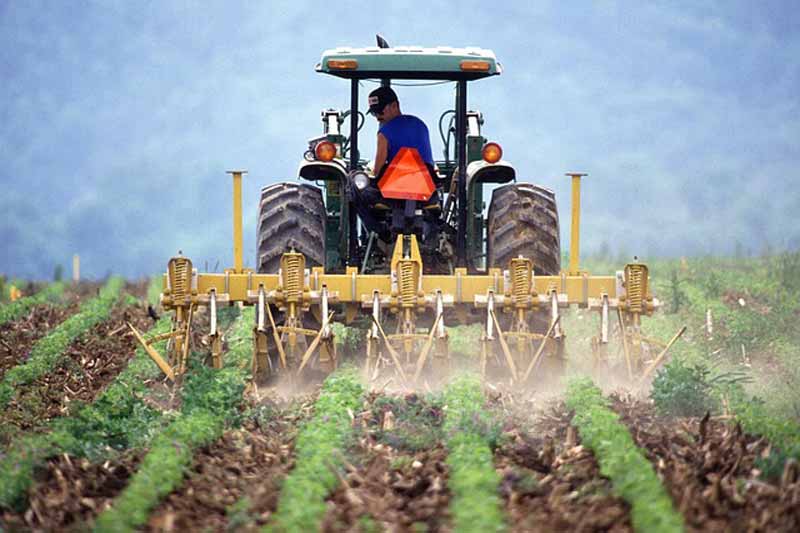I wanted to address two things in this post: what we actually do in the winter, and secondly I just wanted to write about bok choy.
The number one question we’ve been getting asked recently is, “What do you guys do in the winter?” Admittedly, last year we didn’t have as much to do in the winter and a lot of it was spent simply planning how to improve this year. Now that we’ve got a small plot of our own though, things have changed. It’s also worth pointing out that Alabama doesn’t have a terribly long winter which means there’s less time available than people may think; for example we’ve already started planting Spring 2015 seedlings despite the fact that it’s only early January! We should be able to have that stuff in the ground by early March and from there we’re hoping to get a quick harvest before moving onto the summer stuff which we will begin seeding in a few weeks. So while most people think of winter as ranging 3-4 months, our slow time is really only 1-2.
We’ve also been doing a lot of catching up from the summer. There’s been a lot we’ve been meaning to do which we’ve finally got around to. We cleaned and repainted both the downstairs and upstairs of the building we’re using, we’ve moved the grow lights to our own buildings and constructed several tables to hold seedlings, we’ve almost finished tilling the rest of the plot (we’ve now got 90%+ in bed form), we cleaned up the greenhouse and added more usable tables, built several flower beds along the farm perimeter, fertilized most beds, etc. Also, QuickBooks takes a lot longer than you might think when you’re not particularly savvy with computers. All in all we’ve had much more work to do this year than last year which is definitely a good thing. We’re prepping for the upcoming year and I’m optimistic about our aim to double production. Last year we were able to greatly increase production at Stewart Perry (our main client) from year 1-year 2 which I think mostly had to do with just getting to know the growing space a little better. We certainly know our land a little better this time around and I’m confident we’ll get more out of it this year.
Secondly, I just wanted to write a brief summary of my experience with bok choy on this farm. I grew up eating bok choy in a variety of Chinese dishes and it was to my great surprise that a lot of people here in Alabama had never had any (at least knowingly). We grew a row or two last Spring but not much came of it, we simply weren’t ready to deal with the bok choy before we were swamped with summer work. We got some for ourselves and I was able to harvest some seeds from them but it wasn’t a significant experience.
This fall however, I was amazed to find hundreds of seeds simply popped up in the beds we had previously had them in. I thought I had already collected a good number of the seeds but I was clearly mistaken. They sprang up out of nowhere and soon had covered 1.5 beds. We used them in our Fall CSA and they were received well; it pleased me to hear some members say they had tried it for the first time and liked it. It’s easy to use in a stir-fry and Kat made some great dishes with it. Basically it was a big personal success. I thought “Here are these seeds that sprang up on their own and are providing so much more than we had accounted for both on personal and business fronts.”
Then, as winter came rolling around, something even cooler happened. They began to flower again which is nothing new though I should say that they are prettier than most flowering vegetables; they bloom these tiny, bright yellow flowers everywhere. What was new however, was the honeybees that were pollinating them! For months now we’ve had these honeybees that seem more or less inactive. They’re clearly feeding somewhere because they’re producing honey but we hadn’t really seen them on the farm despite being directly next to our beds. The beekeeper even mentioned they’re not being a lot of food sources nearby so we were going to make an effort to grow more flowers nearby but our fall flowers didn’t attract the bees like we’d hoped. We had bees and we had produce but they hadn’t formed the symbiotic relationship we were trying to induce. Yet lo and behold, the bok choy flowers were a feeding frenzy for these honeybees. Can’t say what it is scientifically but something about these flowers drives the bees nuts. It was amazing to see and it showed yet another way that this bok choy was giving back.




